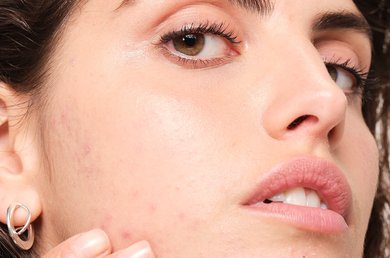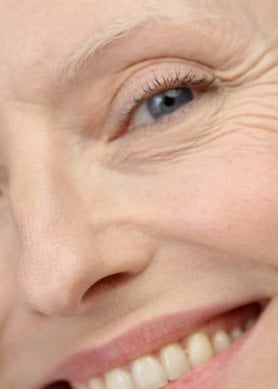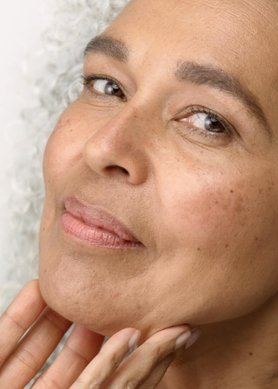Foods that can lead to breakouts
Certain foods are proven to increase acne prevalence and severity. When consumed they cause a spike in blood sugar which can cause inflammation, while increasing insulin levels. This encourages the production of sebum and thus can cause a breakout.
High-glycemic index foods that break down quickly in the body, such as white bread, processed breakfast cereals, white rice, pretzels, potato chips, cookies and cakes can increase the severity of an acne outbreak[2].
Milk has been identified as having a similar effect on the body as high-glycemic index foods, as it often comes from pregnant cows, and contains hormones that can trigger the production of sebum[3]. Growth hormones found in milk can encourage a proliferation of skin cells, which can lead to clogged pores[4]. Try cutting down on your milk intake, and consider taking a calcium supplement or incorporating more calcium rich food such as orange juice, soy milk, tofu, almonds, spinach, and broccoli into your diet[5].
There are certain so-called ‘healthy foods’ that have also been suggested to contribute to outbreaks of acne. Low fat or fat-free products like fat-free yogurt or low fat cheese often contain added sugar to supplement the taste, and can therefore cause inflammation[6].
In addition, juice and smoothies are often high in sugar and low in fiber, which spikes sebum production, making whole fruit is a better choice.
Contrary to popular belief, alcohol, chocolate and greasy food do not explicitly cause acne, and there is no proof that they increase its appearance[7].
However regular consumption of alcohol can repress the immune system, limiting the body’s ability to fight the bacteria and infection that may lead to acne blemishes.


